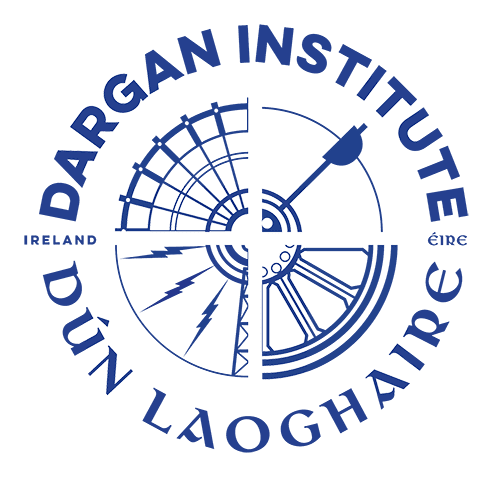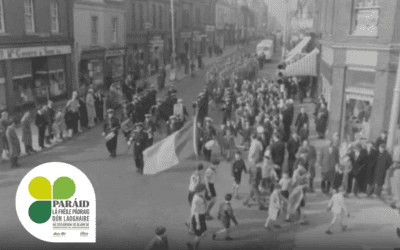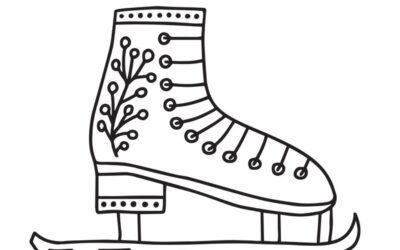Litter survey shows heavily littered areas are cleaning up … at last
But IBAL warns of litter in Dublin City Centre during peak tourist season
The latest survey by the Irish Business Against Litter (IBAL) alliance shows previous litter blackspots in Dublin and Cork to be improving, but Dublin City Centre slipping in the ranking of 40 towns and cities across the country. The Capital is now deemed “littered” near the foot of the table.
The survey showed another improvement in cleanliness levels overall, with 75% of areas as least as Clean as European Norms. Killarney was judged the cleanest town, followed by Dungarvan and Tralee. The An Taisce report lauded Killarney’s win as “a fitting result for a town which is at the heart of our tourism product. It is the continuous attention to detail which puts Killarney at the top of the league.”
Connecting roads between 34 towns were assessed and found to be less littered than last year. However, much of the Monaghan-Cavan road was heavily littered and ‘created a very poor impression’ while dumping spoiled the Tallaght to Lucan route.
For the first time, no towns were branded as ‘blackspots’ or ‘seriously littered’. “The most striking aspect of this survey is the improvement in neglected urban areas such as Dublin’s North Inner City and Cork’s Farranree,” says Conor Horgan of IBAL. Both areas have improved from ‘litter blackspot’ to ‘littered’ status this time round.
“The work of Dublin and Cork City Council is bearing fruit in these areas,” continues Horgan. “While ‘littered’ status is clearly not good enough, we are seeing evidence that when a local authority concentrates its efforts on a problem area, it can bring about results. This could be a turning point, as for years these neglected urban areas showed no improvement whatsoever.”
The report praised Dublin’s North Inner City “which, if progress continues, will soon be Clean to European Norms. Sites such as Irvine Terrace and Store Street were not just clear of litter but carefully presented and maintained. The North Circular Road, Portland Row and Seville Place seem much cleaner than in the past.” However, the former Small Business Centre in Gardiner Street was in a “shocking state” and Spencer Dock suffered from ‘huge amounts of litter”.
While tourist towns like Killarney, Tralee and Kilkenny performed well, visitors to Dublin City Centre encountered more litter than previously, with even high footfall areas such as Grafton Street and O’Connell Street slipping to “moderately littered”. The An Taisce report slammed the Manor Street /Brunswick Street/Church Street area as “a litter blackspot, as was a site on Capel Street.”
“The great majority of tourist towns again showed their best side to tourists this summer,“ comments Horgan. “Unfortunately, for Ireland to project a clean image, we need our Capital City to be free of litter, and this year we are seeing a deterioration in cleanliness levels in Dublin City Centre, and indeed several roads around Dublin Airport, where most of our visitors enter the country.”
The survey, carried out by An Taisce on behalf of IBAL, showed sweet papers, cigarette butts, fast food wrappers and chewing gum were the most common forms of litter. Dog fouling, while not as prevalent, continues to be a source of public concern, according to IBAL. “Where special bins are used to collect dog waste, they need to be emptied in tandem with demand. Otherwise they become unhygienic eyesores, as is the case with many recycling facilities,” says Horgan.
1 in 10 shopping centres were litter blackspots, among them Mulvoy Park in Galway, where shrubbery was “choked with heavy levels of all manner of food related litter” and both the Arcadia Retail Park and Diskin Centre in Athlone which was described as “seriously neglected and abused” and “in a dreadful state”.
“It is not always easy to identify where responsibility lies for littered sites in a town, but in the case of shopping centre car parks the local authority just needs to enforce the law with the landowner,” says Horgan. “Until we see more prosecutions of this nature there will be no real deterrent for offenders.”
2015 IBAL ANTI-LITTER LEAGUE – ROUND 1
| Ranking | Town | Classification |
| 1 | Killarney | Cleaner than European Norms |
| 2 | Dungarvan | Cleaner than European Norms |
| T3 | Tralee | Cleaner than European Norms |
| T3 | Roscommon | Cleaner than European Norms |
| 5 | Waterford City | Cleaner than European Norms |
| T6 | Kilkenny | Cleaner than European Norms |
| T6 | Longford | Cleaner than European Norms |
| 8 | Dun Laoghaire | Cleaner than European Norms |
| 9 | Cavan | Cleaner than European Norms |
| 10 | Tullamore | Cleaner than European Norms |
| 11 | Wexford | Cleaner than European Norms |
| T12 | Fermoy | Cleaner than European Norms |
| T12 | Naas | Cleaner than European Norms |
| 14 | Newbridge | Cleaner than European Norms |
| 15 | Carlow | Cleaner than European Norms |
| 16 | Swords | Cleaner than European Norms |
| 17 | Limerick City | Clean to European Norms |
| 18 | Clonmel | Clean to European Norms |
| 19 | Castlebar | Clean to European Norms |
| 20 | Drogheda | Clean to European Norms |
| T21 | Maynooth | Clean to European Norms |
| T21 | Wicklow | Clean to European Norms |
| 23 | Mullingar | Clean to European Norms |
| 24 | Ennis | Clean to European Norms |
| T25 | Navan | Clean to European Norms |
| T25 | Sligo | Clean to European Norms |
| 27 | Letterkenny | Clean to European Norms |
| 28 | Dundalk | Clean to European Norms |
| 29 | Thomondgate/Garryowen (Limerick City) | Clean to European Norms |
| 30 | Cork City | Clean to European Norms |
| 31 | Tallaght | Moderately littered |
| 32 | Midleton | Moderately littered |
| 33 | Galway City | Moderately littered |
| 34 | Monaghan | Moderately littered |
| 35 | Dublin Airport Environs | Moderately littered |
| 36 | Portlaoise | Littered |
| 37 | Dublin North Inner City | Littered |
| 38 | Athlone | Littered |
| 39 | Dublin City | Littered |
| 40 | Farranree (Cork City) | Littered |





